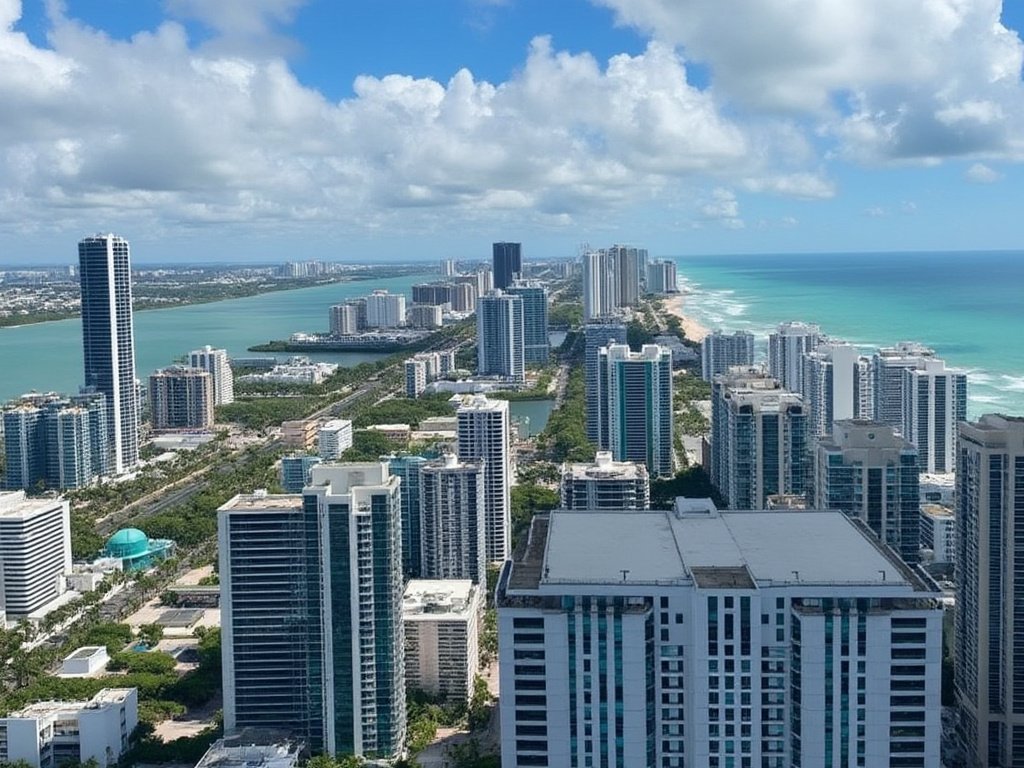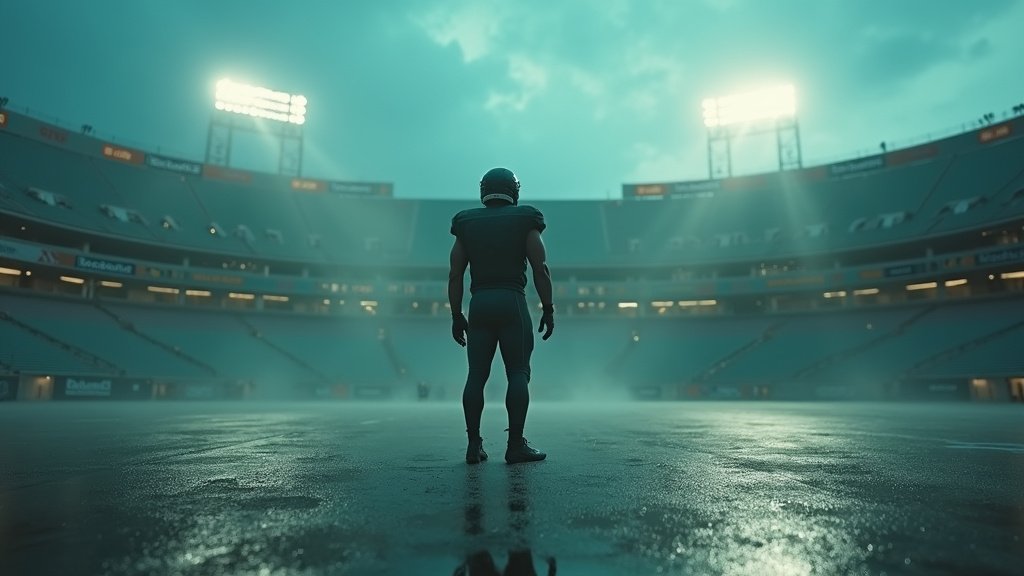Miami’s Legal Shake-Up: What You Need to Know
In October, Florida introduced a series of new laws, some of which are already stirring conversations and adjustments in Miami. These laws, effective as of October 1, 2024, impact various aspects of daily life, from homelessness to retail security, and are already reshaping community responses and city policies.
One of the most talked-about laws is House Bill 1365, which restricts public sleeping or camping on public property. Miami, which has long grappled with homelessness, now faces the challenge of enforcing these restrictions without exacerbating community tensions. The new law has sparked a scramble among city officials to offer solutions that balance humane treatment with compliance. Miami-Dade has already increased funding for shelters and services, but local activists argue that these efforts fall short of addressing the root causes of homelessness.
For shoppers and retailers alike, House Bill 549 tackles the issue of “flash mobs” overwhelming stores for theft purposes. The law now classifies this activity as a third-degree felony if five or more individuals are involved. Retailers across Miami are amplifying their security measures and engaging with the Miami-Dade Police Department to enforce this law effectively.
On the health and safety front, Senate Bill 758 has imposed strict limitations on the use of tracking devices, a response to concerns over privacy invasions. Parents, caregivers, and law enforcement officers have limited exemptions, but the general population faces stringent penalties for unauthorized use.
Miami homeowners and buyers are also directly affected by House Bill 1049, which mandates flood history disclosures for properties. Given Miami’s vulnerability to flooding and hurricanes, this law is expected to change the way properties are marketed and sold in the city. Real estate professionals in Miami are already seeing shifts in property values, with flood-prone areas facing increased scrutiny.
The implementation of these laws reflects a state-wide effort to address public safety, environmental challenges, and social issues, but it’s the local Miami response that will define their success or failure. From law enforcement adaptations to community reactions, these legal shifts are more than just regulations—they’re reshaping Miami’s approach to complex urban issues.





